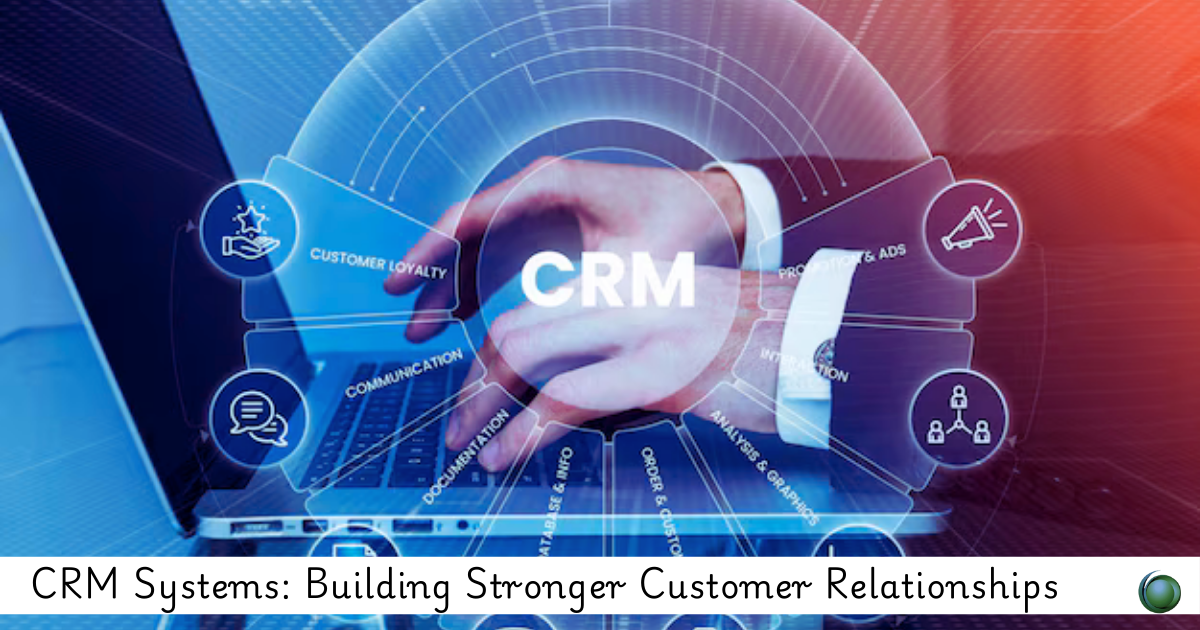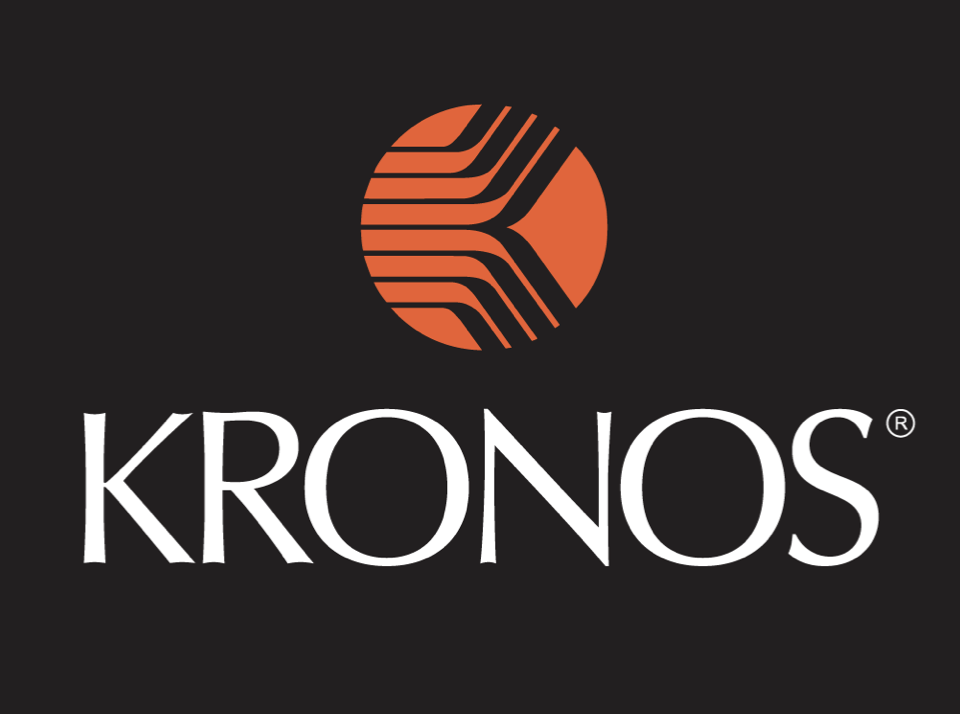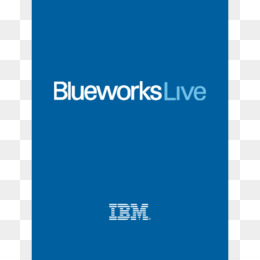Description
Introduction of Customer Relationship Management systems
Customer Relationship Management (CRM) systems are pivotal in today’s business landscape, helping organizations better understand their customers, streamline interactions, and enhance overall customer satisfaction. The course CRM Systems: Building Stronger Customer Relationships is designed to introduce participants to the core concepts and functionalities of CRM systems, highlighting how these tools enable businesses to manage customer data, automate sales and marketing tasks, and improve customer service.
Participants will explore the key components of CRM software, learn best practices for successful CRM implementation, and examine how CRM systems can be used to personalize customer experiences, drive sales growth, and foster long-term customer loyalty. By the end of the course, attendees will have a comprehensive understanding of CRM systems and how they can be leveraged to build stronger, more productive relationships with customers.
Prerequisites of Customer Relationship Management systems
- Basic knowledge of business processes, especially in sales and customer service (recommended)
- Familiarity with using software applications (optional but helpful)
- No prior experience with CRM systems is required
Table of Contents:
1. Introduction to CRM Systems
1.1 What is CRM and why it matters in modern businesses
1.2 The evolution of CRM systems: from contact management to comprehensive customer engagement
1.3 Benefits of CRM for sales, marketing, and customer service teams
1.4 Overview of leading CRM platforms (Salesforce, HubSpot, Microsoft Dynamics, Zoho CRM)
2. Core Components of a CRM System
2.1 Contact management: organizing and tracking customer information
2.2 Sales force automation (SFA): managing leads, opportunities, and sales pipelines
2.3 Marketing automation: campaigns, lead nurturing, and personalized outreach
2.4 Customer service and support: managing tickets, service requests, and feedback
2.5 Analytics and reporting: measuring customer engagement and sales performance
3. CRM for Sales and Marketing
3.1 Using CRM for lead generation and qualification
3.2 Managing sales pipelines and forecasting with CRM
3.3 Automating marketing campaigns and tracking effectiveness
3.4 Personalizing customer communication through CRM-driven insights
3.5 Enhancing sales productivity through task automation and reminders
4. CRM for Customer Service
4.1 How CRM enhances customer service processes
4.2 Using CRM to track and resolve customer issues
4.3 Building customer satisfaction with service history and personalized support
4.4 Integrating CRM with contact centers and customer support channels
4.5 Improving customer retention through proactive service management
5. Customizing and Configuring CRM Systems
5.1 Adapting CRM systems to fit industry-specific needs
5.2 Configuring workflows and automations in CRM software
5.3 Managing user roles, permissions, and data security in CRM
5.4 Integrating CRM with other business tools (e.g., ERP, e-commerce, marketing tools)
6. Cloud-Based CRM vs. On-Premise CRM
6.1 Pros and cons of cloud-based CRM systems
6.2 Data security and privacy considerations for cloud CRM
6.3 Scalability and flexibility of cloud CRM solutions
6.4 Leading cloud CRM platforms (Salesforce, HubSpot, Microsoft Dynamics 365)
7. Best Practices for CRM Implementation
7.1 Steps to successfully implement a CRM system in an organization
7.2 Aligning CRM goals with business objectives
7.3 Engaging stakeholders and ensuring user adoption
7.4 Overcoming common challenges in CRM implementation
7.5 Tracking ROI and measuring the success of a CRM implementation
8. CRM Analytics and Reporting
8.1 Utilizing CRM data for business insights and decision making
8.2 CRM dashboards and custom reports for sales, marketing, and customer service
8.3 Using CRM analytics to track customer behavior and trends
8.4 Predictive analytics in CRM: forecasting customer needs and sales performance
9. CRM for Small and Medium-Sized Enterprises (SMEs)
9.1 Affordable CRM solutions for small and mid-sized businesses (Zoho, HubSpot, Insightly)
9.2 Balancing CRM features with simplicity and ease of use for smaller teams
9.3 Scaling CRM solutions as your business grows
10. Integrating AI and Automation in CRM
10.1 The role of AI in enhancing CRM functionalities
10.2 Automating lead scoring, customer interactions, and support with AI
10.3 Chatbots, virtual assistants, and AI-driven customer service
10.4 Leveraging machine learning for predictive customer insights
11. Case Studies of Successful CRM Implementations
11.1 Real-world examples of businesses improving sales and customer relationships with CRM
11.2 Key success factors and lessons learned from CRM adoption
11.3 Measurable outcomes and benefits of CRM deployment in various industries
12. Future Trends in CRM Systems
12.1 The evolving role of AI and machine learning in CRM(Ref: Business Intelligence Applications: Turning Data into Decisions)
12.2 Omnichannel customer engagement through CRM systems
12.3 The growing importance of social CRM and customer data platforms (CDP)
12.4 Predictive CRM: anticipating customer needs and personalizing experiences at scale
13. Hands-On Lab and Final Project
13.1 Hands-on exercises using popular CRM platforms (Salesforce, HubSpot, Zoho CRM)
13.2 Simulating real-world sales, marketing, and customer service workflows
13.3 Final project: Developing a CRM strategy for a fictional business to enhance customer engagement and drive growth







Reviews
There are no reviews yet.